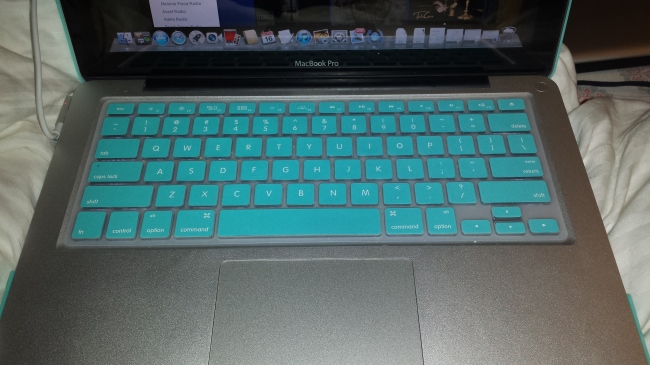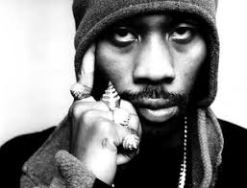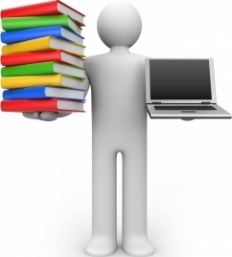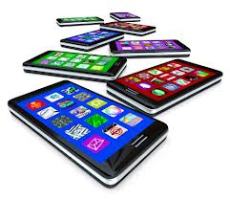Christine Valenzuela
The thought that there are people in the world who suffer because of their inability to read and write is baffling. To get to the stage of literacy where I am now has taken years. However, my literacy abilities are still being perfected. Every single day I usemy literacy skills to get around town whether its pressing an elevator button, typing as I am now on my keyboard, or simply flipping channels while I watch television. Just like the environment, our literacy skills are constantly evolving. New technological discoveries made in our time are causing us to develop new methods for reading and intaking information.
Lets take the keyboard for example, this literacy artifact is part of the lives of thousands if not millions of people every single day whether it is on a laptop, on a cellphone, or any other device that consists of a keyboard. People may not realize but if they weren’t able to read or write they wouldn’t be able to use keyboards to simply email a professor, text their family and friends, or write term papers for different courses. The keyboard is something that I personally use every single day, several times a day. As a student in college you can say the keyboard is like my best friend. Its always with me wherever I go. Who knows . . . it is probably your best friend also!

On a broader note, many documents whether verbal or written have been made indirectly showing the importance of literacy and how it impacts people. In an NPR music radio interview, RZA, the multi-talented man who occupies his time being a hip-hop rapper, a producer, and a performed, was interviewed by Terry Gross. He experienced much struggle and eventually realized that school was not for him. For his journey, he created the terminology the “zig zag zig which represents knowledge, wisdom, and understanding .. sometimes you may know something and understand it but if you don’t live through it its not fully understood by you.” This gives a glimpse of the different paths he took in his life to get to where he is. Nonetheless, he did not stop bettering his literacy skills simply because he was no longer attending school. He studied on his own for at least two hours every day before going out anywhere. This method in my opinion is the best way to better ones literacy. Although, seeing this kind of dedication is rare from students who do not attend school, RZA was on who possessed the kind of dedication it took to do something like this. As a freshman in college, I am learning to adapt some of the skills that RZA has. Unlike high school, college material is mainly self taught meaning that I have to go back home most of the time and read for myself several chapters and try to master the material on my own. It is a hard concept to master but with much practice it can be mastered. Reading is a common way to better literacy skills.
RZA lived in a very different time period. He lived during a time where things were transforming to be digital and technology was becoming more common. It was not common to see people in a trance walking down the street on their cellphone or someone taking notes in class on their laptop. Some may say that it was easier for students to study and sit down and read a whole chapter before this era. His era consisted of much more time spent interacting with the world and with each other. He makes the comparison between his son and himself. At the age of nine, RZA had already been exposed to drugs, alcohol, and women. In fact, he says that by the age of eleven he has already learned everything he needs to know about women. On the contrary, his son who was nine at the time of this interview is completely oblivious to all of these kinds of things. As a result of the advancement in technology, RZA’s young son is involved in mostly video games. This brings many questions to the table such as “Is RZA’s son at a disadvantage when it comes to bettering his literacy skills?”
Providing an entirely different point of view are the ideas displayed by Dennis Baron, Pencils to Pixels. In this article he discusses many forms of technology that began to lead to where we are today. From the article you can conclude that the pencil was seen as a great advancement once it became familiar to the people. Soon the telephone and the computer came into existence. When they were first introduced they were not very popular. It took some time before people actually began to give these new advances some importance. Most likely, the people of that time did not realize that they were soon going to incorporate new forms of literacy to their everyday lives. Now, who’d think that the telephone would become crucial parts of millions of peoples lives today. The article also goes on to discuss many future ideas about the possibilities of computers being involved in a classroom. He says, “… the computer is simply the latest step in a long line in writing technologies.” Which leads to one of the limits found in the article, the fact that it is not very recent, therefore, it was not able to discuss the many advances seen today. From this article I learned that technology is something that makes our lives easier in many ways. It s sometimes to think of something like a pencil as a form of technology but it is. In fact, literacy is a technology. Not a man made one but one built within ourselves. It makes peoples lives easier daily. Those who are not literate tend to struggle more and lead a more difficult life.
Literacy is an aspect of everyones life. Many people, including myself, fail to see how crucial this aspect of our lives is. We take it for granted that we can sit by a keyboard and type our lives away. Reading and writing is our main way of gaining knowledge. Ever so often one should take time to appreciate their literacy skills and observe the impact they have on his/her life.




















 Since there are so many new ways to be exposed to literacy the people growing up in this generation have so much more information thrown at them as stated by Devoss, “Young people no longer have the luxury of relaying solely on the information provided by their elders to equip them for a changing world”(Devoss 416). It seems there is an ever increasing generational gap in terms of literacy. When I was a kid I was not exposed to all this technology, but I still had more ways of being exposed to different kinds of literacy than my parents, such as TV and the computer. I can not imagine how a child born in 2013 will be able to comprehend the vastness that is technology. The current generation might feel as though “the computer revolution came long ago, and has left its mark on the way we do things with words”(Baron 423). This flashpoint from Barons Article gave me a real sense for just how the computer itself completely revolutionized literacy. While my parents may see the true significance in computers, I have grown up with this technology, and honestly I think my generation as a whole takes it for granted.
Since there are so many new ways to be exposed to literacy the people growing up in this generation have so much more information thrown at them as stated by Devoss, “Young people no longer have the luxury of relaying solely on the information provided by their elders to equip them for a changing world”(Devoss 416). It seems there is an ever increasing generational gap in terms of literacy. When I was a kid I was not exposed to all this technology, but I still had more ways of being exposed to different kinds of literacy than my parents, such as TV and the computer. I can not imagine how a child born in 2013 will be able to comprehend the vastness that is technology. The current generation might feel as though “the computer revolution came long ago, and has left its mark on the way we do things with words”(Baron 423). This flashpoint from Barons Article gave me a real sense for just how the computer itself completely revolutionized literacy. While my parents may see the true significance in computers, I have grown up with this technology, and honestly I think my generation as a whole takes it for granted. 